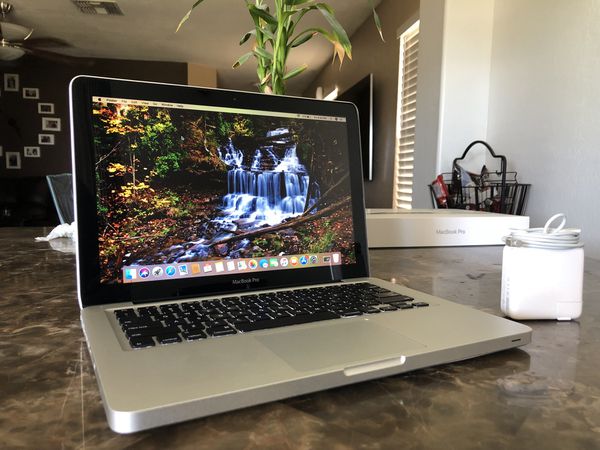

- #HOW TO RESTORE MAC AIR LATE 2010 TO FACTORY SETTINGS HOW TO#
- #HOW TO RESTORE MAC AIR LATE 2010 TO FACTORY SETTINGS FOR MAC#
After a few moments, the macOS Utilities window should appear - this is known as Recovery Mode.Ĥ. Keep holding it until you see either the Apple logo, or an animation of a spinning globe.ģ. Press the power button to turn it on, then immediately press and hold Command (⌘) + R. Once you're ready to wipe your Mac, do the following:Ģ. If you're giving your computer away, also make sure that you've signed out of iTunes, iCloud, and iMessage - there's a chance your Apple ID data will remain on the drive after you reset it, and you don't want anyone gaining access to your account. You can also backup onto iCloud, or manually move the files you want to save onto an external drive. You can do this through Time Machine, Apple's official backup application, which will copy all your files onto an external drive.
#HOW TO RESTORE MAC AIR LATE 2010 TO FACTORY SETTINGS HOW TO#
Free download and try it now.Check out the products mentioned in this article: MacBook Pro (From $1,299.99 at Best Buy) How to wipe a Mac computer with a factory resetīefore anything, if you don't want to lose the files you have saved on your computer, you should back them up. For those who need the data recovery solution, Recoverit would be a nice option. Step 2: Wait for the startup to commence. Here’s how to restore Mac to factory settings without losing data Step 1: Connect the Mac to an internet connection, then restart it. As you have successfully made the backup of your Mac hard drive, its time to make the factory reset. We also provide further solutions for you - Fix "Cannot boot into Recovery mode". Way 2: Start to Reset Mac to Factory Settings. Choose the drive to launch your Mac into Recovery Mode.Īfter all the above methods, you finally fail to boot your Mac into Recovery mode.It will take some time for the system to detect the drive. Hold down the Option button when the startup chimes sound.It would be best to store your backup on an external drive so that you can initiate Recovery Mode using this when your hard drive is wiped out.įollow these steps to boot Mac into Recovery Mode: It is really important to keep backups of your machine and Apple facilitates this with its Time Machine feature. Part 5: How to Boot Mac into Recovery Mode from Time Machine You will see the OS X utility window that will prompt you to choose one of the four options.Hold the "Command" and "R" buttons until the boot chimes are triggered.Part 4: How to Boot Mac into Recovery Mode with Local Recovery is consider upgrading to Exchange 2010 and use Outlook 2010 in cache mode.

#HOW TO RESTORE MAC AIR LATE 2010 TO FACTORY SETTINGS FOR MAC#
Follow the wizard that will put your Mac into Recovery Mode. Outlook for mac cached exchange mode settings. The recovery tool will take some time to load.

It is the easiest way to go into Recovery Mode and here is how you can do it: If you had bought a copy of a newer operating system, you can also use the installation disk to perform recovery. If you are using an older Mac, it probably comes with a grey recovery DVD that you can use to run recovery routines. Part 3: How to Boot Mac with Installation Disk After you boot Mac into Recovery Mode, you can also restore your data on Mac. There is no need to panic when you find yourself in trouble - just choose and master the method that seems least intimidating to you and you will be well on your way.


 0 kommentar(er)
0 kommentar(er)
